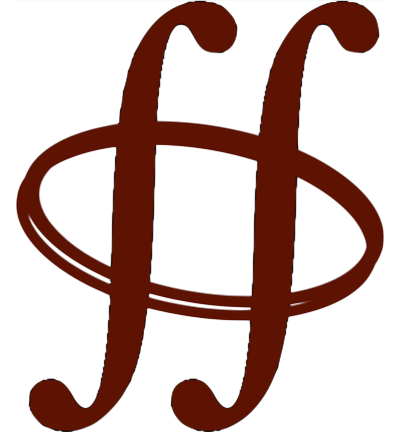
The easier way to answer a question is by beginning to unravel the question itself – pull the earth beaneath its feet and it may yield to its own demands. It is also a time-tested way to clarify the mind in the centifuge of circumlocution. One can begin by answering Eliot’s complaint, that most literary reviews fall into one or some of the errors that he enumerates. For example, a review may be too wide or too narrow in its material and scope, it may be too autocratic or too anarchic, editorially speaking, and so on. The way out of these extremities of virtue is by loosely sticking to a Tendency.
What tendency does this review proclaim? A difficult question, in the diversity of the current literary scene. Yet, it is also one of those questions that can be answered retrospectively and need only be answered slantly at present. To declare a tendency, it is better to define the tendency of this tendency in forming itself. So let it suffice at the moment that The Monad will first gather its components from the literary world and only then do the reckoning. We wish to publish poetry, fiction, critical essays, photo essays… The submission guidelines will shed more light on the matter. Some things we are partial to are - a love of Language, a sense of Form (if only to break it), integrity without pretence.
There are a few questions that loom over any effort of this sort. That of inclusivity, for one. Any collection can either challenge the dominant canon or feed it. Or it can do both. A problem that sometimes goes unperceived is that no matter how inclusive a magazine is in terms of the backgrounds of its contributors, it still does little in shifting the culture if the tastes of its editors/judges align little with the subtleties of the cultures they wish to include. Being situated in India, body and soul, to whatever respective extents, The Monad can at least mark itself safe from bearing Orientalism in its gaze. Though a natural subcontinental bias can be expected, everyone is welcome. Still, it is not a project of (post)colonialism, strictly speaking. We simply wish to ignore such questions, so the ghost of a neo-colonial Core wanes a little with every publication.
In the end, a publication is much more beyond its editorial conception. We can’t wait to see the shape it takes.